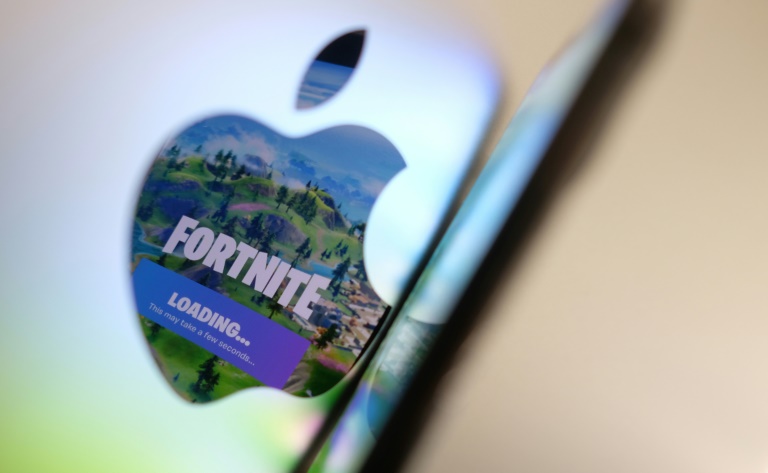Major US videogame developer Epic Games has asked Apple to restore its flagship game “Fortnite” on the South Korean app store after Seoul passed a law curbing the monopolistic power of platform operators, it said Friday.
But Apple rejected the request, saying the game maker still needs to follow its rules to be reinstated.
Apple and Epic are at the forefront of a global contest between delivery platforms and content creators on how revenues should be divided, with billions of dollars at stake.
Apple removed the hugely popular Fortnite from its App Store last year after Epic introduced direct payment in the app, bypassing Apple’s own system.
Epic sued Apple over the removal and the case is before the courts in the United States.
In a world first, South Korea passed a law last month banning Apple and Google from forcing app developers to use the tech giants’ payment systems, effectively declaring their lucrative App Store and Play Store monopolies illegal.
The measure comes as Apple and Google face global criticism for charging up to 30 percent commission on app sales and requiring the use of their own payment systems, which collect a share of the transactions.
The law is expected to take effect in the coming days and will make South Korea the first country to mandate such alternative payment options, allowing users to bypass charges set by store owners.
“Epic intends to re-release Fortnite on iOS in Korea offering both Epic payment and Apple payment side-by-side in compliance with the new Korean law,” the game company said on its verified Fortnite Twitter account Friday.
But in a statement to AFP, Apple said it will not let Epic Games back into the App Store until they agree to “play by the same rules as everyone else”.
“Epic has admitted to breach of contract and as of now, there’s no legitimate basis for the reinstatement of their developer account,” it added.
Friday’s announcement by the game maker came after its CEO Tim Sweeney enthusiastically welcomed the law’s passage, calling it a “major milestone in the 45-year history of personal computing” on his Twitter account.
“I am a Korean,” he added.










